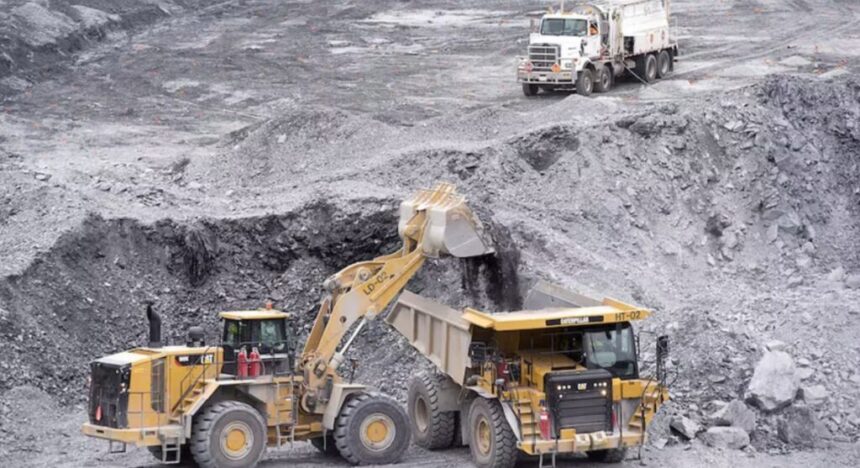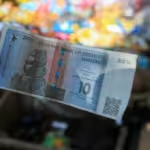Botswana, the world’s largest diamond producer by value, has awarded Giyani Metals a 15-year mining license for the extraction and processing of manganese.
This milestone marks the country’s entry into battery-grade manganese production, reducing its reliance on diamonds.
Giyani’s Kgwakwe Hill project will process manganese oxide material on-site to produce high-purity manganese sulphate, making it one of the few battery-grade manganese projects outside China which controls 90% of global high-purity manganese supply.
According to a 2023 preliminary economic assessment, the project’s initial annual output will be 80,000 metric tons of high-purity manganese sulphate monohydrate over 57 years.
- Advertisement -
The Kgwakwe Hill mine has an estimated net present value of $984 million, with manganese prices soaring due to its use in electric vehicle battery production. Giyani intends to produce high-purity manganese sulphate monohydrate for lithium-ion battery manufacturers.
Giyani secured $26 million in funding earlier this year to move the K-Hill project to a final investment decision. The company is also reviewing resources in Otse and Lobatse, previously mined in the 1960s and 1970s.
Botswana’s move to diversify its mining sector with minerals like copper, nickel, coal, and iron ore will help reduce its dependence on diamonds, which contribute 30% of national revenues and 70% of foreign exchange earnings.
The demand for Manganese, a key component in batteries, is expected to surge due to growth in electric vehicles and clean energy applications.
Botswana’s government sees the manganese project as an opportunity to expand mineral production beyond diamonds and tap into the electric vehicle ecosystem. The country has two operating coal mines and three copper mines, and with growing demand for clean energy, battery metals like manganese are expected to play a crucial role.










